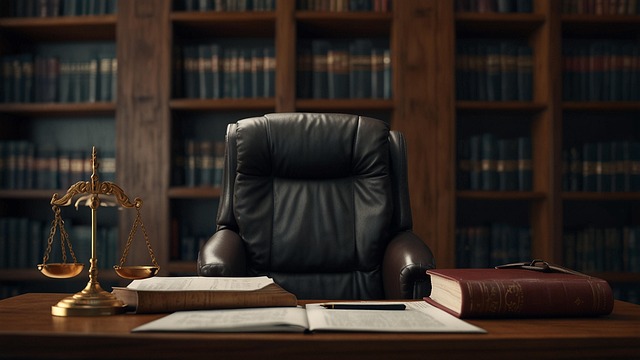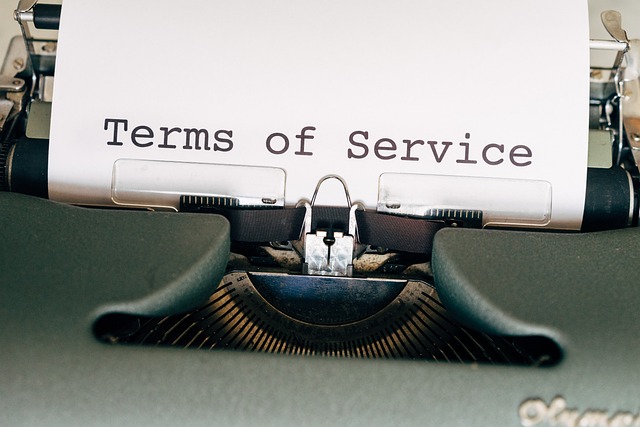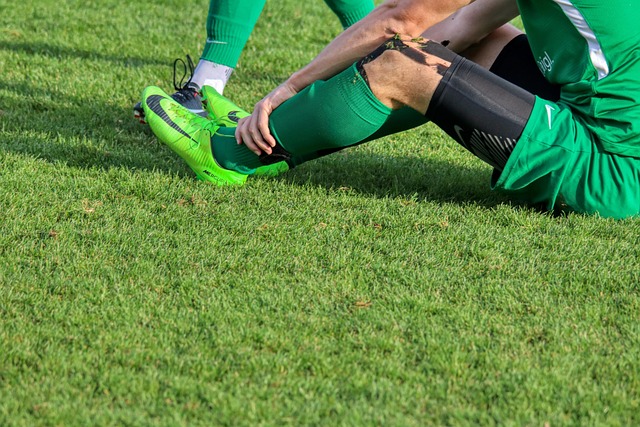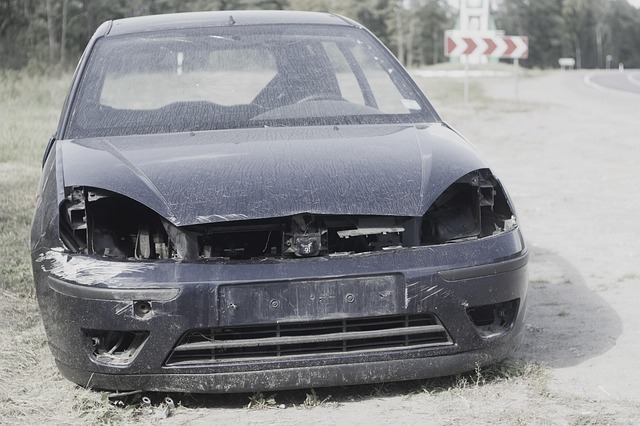Visual evidence, especially photographs, is crucial for resolving bike accident claims as they provide clear, tangible proof of circumstances, damage, and injuries, ensuring fairness and accuracy. After an accident, quickly capture images of the scene, injuries, damaged bike or clothing, and any contributing road conditions. Organize these photos chronologically with descriptive labels for insurance companies, focusing on diverse angles including injuries, bicycle damage, road signs, and high-quality lighting to strengthen your bike accident claim.
In the aftermath of a bike accident, documenting the scene and any resulting damage is crucial for building a compelling claim. Visual evidence, such as photographs, plays a pivotal role in bike accident claims, providing tangible proof of incidents, injuries, and liability. This article explores the significance of photos, offering insights on when and how to capture relevant imagery, as well as best practices for presenting photo evidence effectively to insurance companies, ensuring your claim stands out and receives due consideration.
- The Role of Visual Evidence in Bike Accident Claims
- When and How to Collect Relevant Photos
- Best Practices for Presenting Photo Evidence to Insurance Companies
The Role of Visual Evidence in Bike Accident Claims

In bike accident claims, visual evidence plays a pivotal role in establishing the circumstances surrounding the incident. Photographs are powerful tools that can vividly illustrate the scene, the damage to vehicles or personal injuries sustained. They provide tangible proof of crucial details that might be overlooked or forgotten over time. For instance, images capturing skid marks, the position of bicycles and other debris, or visible injuries can significantly strengthen a claimant’s case. These visual records help insurance adjusters, lawyers, and even courts understand the severity and context of the bike accident, which is essential for determining liability and compensation.
While employment contracts, truck accident injuries, and real estate disputes may seem unrelated to this discussion, they all share a common thread: the importance of concrete evidence. Just as legal documents provide written proof in employment or property-related cases, visual evidence like photos are vital in bike accident claims. They offer an undeniable, graphical representation of events, ensuring fairness and accuracy in dispute resolution.
When and How to Collect Relevant Photos

After a bike accident, collecting relevant photos is crucial for supporting your claim. These can include images of the crash scene, any visible injuries sustained, and damages to your bicycle or clothing. Take or request pictures from bystanders or other drivers present at the time of the incident. Additionally, capture clear shots of road conditions, traffic signs, or lights that might have contributed to the accident.
Timing is key when gathering these visual evidence pieces. Try to take photos as soon as possible after the bike accident to preserve details accurately. If you’re dealing with auto accident injuries or even business litigation from a truck accident, having these visual aids can significantly strengthen your case. Remember, accuracy and timeliness are essential; ensure the photos clearly depict what happened during the incident for a successful bike accident claim.
Best Practices for Presenting Photo Evidence to Insurance Companies

When presenting photo evidence for a bike accident claim to insurance companies, it’s crucial to follow best practices to ensure your case is strong and processed smoothly. First, organize your photos by date and location, clearly labeling each image with relevant details like the date, time, and place of the incident. This helps in contextualizing the evidence and makes it easier for insurance adjusters to understand the circumstances surrounding the bike accident.
Second, capture a wide range of angles and details. Include close-ups of visible injuries, damages to your bicycle, road conditions, traffic signs, and any other relevant objects or individuals involved. High-quality, well-lit photos are ideal as they provide clear, irrefutable evidence. Avoid blurring or distorted images that might hinder the adjuster’s ability to assess the damage accurately. Remember, a car accident attorney or nursing home neglect specialist may also require these photos for their assessment, so ensuring they’re comprehensive and professional is vital.
Photos play a pivotal role in strengthening bike accident claims, providing clear visual evidence that can aid in determining liability and assessing damages. By capturing relevant images at the scene and documenting any resulting injuries or vehicle damage, you enhance your case’s credibility. When presenting photo evidence to insurance companies, ensure they are high-quality, well-organized, and include detailed captions describing each shot’s context. This meticulous approach can streamline the claims process and increase the likelihood of a favorable outcome for your bike accident claim.






